At Ray Law International, our clients frequently ask why their immigration cases are taking so long to process. The processing times for immigration cases may have decreased last year, but the processing times still feel extremely long for those hoping to obtain their green cards. There are several reasons why immigration visas are taking so long to process.
The Significant Immigration Visa Backlog in the United States
The COVID-19 pandemic resulted in one of the largest backlogs in immigration processing cases in a decade. As with other federal agencies, the USCIS is still recovering from the significant impact of COVID-19 government shutdowns.
In February 2024, the U.S. Citizenship and Immigration Services (USCIS) announced it had completed 10 million immigration cases in 2023, reducing its backlog for the first time in over 10 years. Despite making gains in processing its backlog, there was still a net backlog of 4.3 million cases at the end of 2023. This backlog results in slower processing times for those who have recently applied for a visa.
Limited Visa Availability
If you are the beneficiary of a family visa or employment-based visa petition, you may be subject to immigrant visa backlogs. For example, if you are the sibling of a U.S. citizen or an applicant from certain countries such as India or China for employment cases, you may have to endure waits of several years to obtain a green card. After you know your priority date, you will need to check your visa availability at the Visa Bulletin, which is updated monthly. Processing times also vary depending on the location of the USCIS office. Some offices are more backlogged than others.
Immigration Applications for Relatives Can Get Disconnected
Processing times may increase if immigration applications for family members become disconnected. Some immigration filings are complicated and include separate filings for children and parents. Sometimes, the files become separated, resulting in one family member’s application being delayed while the others are processed and completed. An eligibility question could apply to one or more family members but not all members of the family.
Tips for Dealing with Green Card Processing Delays
If your case is taking a long time to process, there are steps you can take to speed the process along. First, you can check the average processing time by selecting your form, form category, and the office processing your case on this website. If your case takes more time than average, it may be beneficial to contact an immigration attorney.
You may be able to ask the USCIS to expedite your case or pay for premium processing as long as your case is eligible. You may need to file a service inquiry with the USCIS. If you are experiencing a significant delay, it is possible to pursue a resolution, although there are currently over 6,000 pending cases of delays.
Experiencing Delays? Contact an Immigration Attorney
If you are experiencing delays with your immigration case, do not hesitate to contact the experienced immigration attorneys at Ray Law International to schedule an initial case evaluation.


